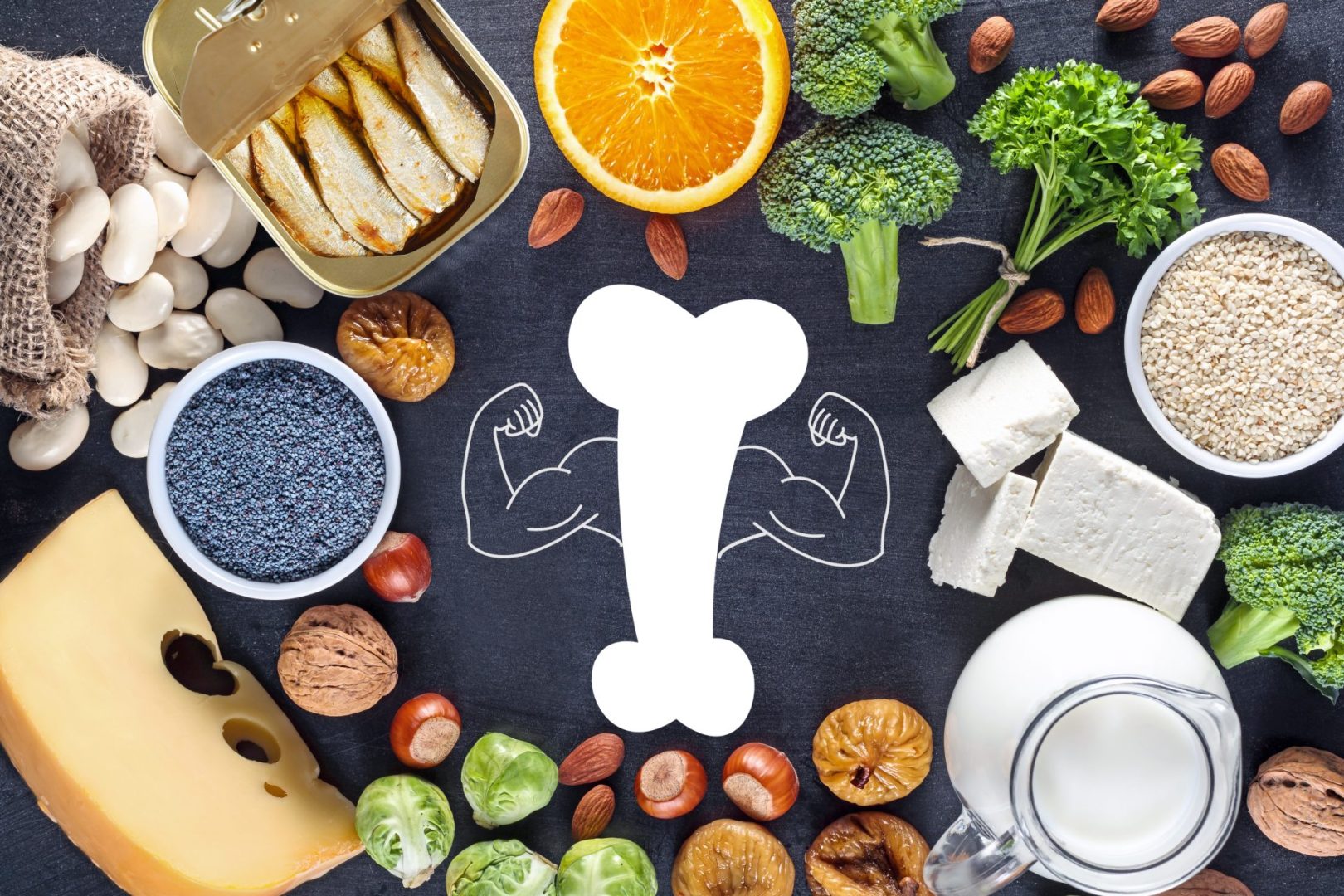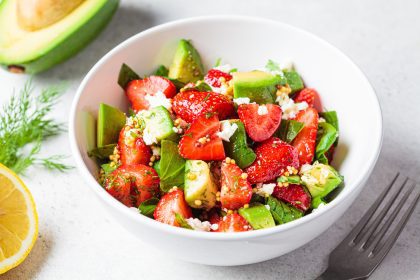Your skeleton serves as the framework that supports everything you do, from morning yoga sessions to chasing after grandchildren in the backyard. Yet many people don’t realize that the strength of their bones depends heavily on the foods they choose to fuel their bodies each day. Building and maintaining robust bone density requires a strategic approach to nutrition that goes far beyond simply drinking milk.
The human skeleton undergoes constant renewal throughout life, breaking down old bone tissue while simultaneously creating new structures. This intricate process, known as bone remodeling, relies on a steady supply of specific nutrients to function optimally. When the body lacks these essential building blocks, bones gradually weaken, increasing the risk of fractures and developing conditions that can significantly impact quality of life.
Understanding which foods provide the most benefit for bone health empowers individuals to make informed dietary choices that support their skeletal system for decades to come. The following twelve foods represent some of the most potent options available for anyone seeking to strengthen their bones naturally through nutrition.
1. Sardines deliver exceptional calcium and vitamin D
These small, oily fish pack an impressive nutritional punch that makes them standout performers in the bone health arena. A single serving of sardines provides nearly 400 milligrams of calcium, representing roughly 40% of the daily recommended intake for most adults. The soft, edible bones found in canned sardines contribute significantly to this calcium content, making them an ideal choice for those looking to maximize their bone-building nutrition.
Beyond their calcium content, sardines also contain substantial amounts of vitamin D, which plays a crucial role in helping the body absorb and utilize calcium effectively. The omega-3 fatty acids present in these fish provide additional anti-inflammatory benefits that may help protect against bone loss over time.
2. Leafy greens offer plant-based calcium sources
Dark, leafy vegetables like kale, collard greens, and bok choy provide excellent alternatives for individuals seeking calcium from non-dairy sources. These vegetables contain highly bioavailable forms of calcium that the body can easily absorb and utilize. A cup of cooked collard greens delivers approximately 250 milligrams of calcium, along with vitamin K, which supports proper calcium metabolism and bone formation.
The magnesium found in leafy greens works synergistically with calcium to support bone structure, while the vitamin C content helps promote collagen production, an essential component of healthy bone matrix.
3. Almonds combine calcium with bone-supporting nutrients
These versatile nuts provide a convenient and portable source of calcium, delivering about 75 milligrams per ounce. Almonds also contain magnesium, phosphorus, and protein, all of which contribute to bone health in different ways. The healthy fats in almonds help improve the absorption of fat-soluble vitamins like vitamin D and vitamin K.
Regular consumption of almonds has been associated with improved bone density markers in research studies, making them an excellent snack option for bone health enthusiasts.
4. Yogurt provides probiotics alongside calcium
The fermentation process that creates yogurt not only develops its characteristic tangy flavor but also enhances the bioavailability of its calcium content. Many yogurt varieties contain live probiotic cultures that may support bone health by improving nutrient absorption in the digestive system. Greek yogurt varieties typically contain higher protein levels, which support bone structure and help maintain muscle mass that protects bones from injury.
Choosing plain yogurt varieties allows individuals to control added sugar intake while still benefiting from the bone-supporting nutrients these dairy products provide.
5. Sesame seeds and tahini offer concentrated nutrition
These tiny seeds pack remarkable amounts of calcium into small servings, with a quarter-cup providing approximately 350 milligrams. Tahini, the paste made from ground sesame seeds, offers similar benefits in a spreadable form that works well in various recipes. The magnesium and phosphorus content in sesame seeds complement their calcium content, creating a well-rounded nutritional profile for bone support.
The healthy fats in sesame seeds also help improve the absorption of fat-soluble vitamins that support bone health.
6. Canned salmon with bones multiplies calcium intake
Similar to sardines, canned salmon that includes soft bones provides exceptional calcium content along with high-quality protein and omega-3 fatty acids. The bones in canned salmon are completely edible and contribute significantly to the overall calcium content of each serving. This fish also provides vitamin D, which enhances calcium absorption and utilization throughout the body.
The protein content in salmon supports the collagen matrix within bones, while omega-3 fatty acids may help reduce inflammation that can contribute to bone loss.
7. Figs deliver natural sweetness with bone benefits
Fresh and dried figs contain respectable amounts of calcium along with potassium, which helps reduce calcium loss through the kidneys. These fruits also provide boron, a trace mineral that supports bone health by helping the body retain calcium and magnesium more effectively. The natural sugars in figs provide quick energy, while their fiber content supports overall digestive health.
Dried figs offer concentrated nutrition in portable form, making them convenient options for on-the-go bone health support.
8. Broccoli combines multiple bone-supporting compounds
This cruciferous vegetable provides calcium, vitamin K, and vitamin C in a single serving, creating a synergistic effect that benefits bone health from multiple angles. The vitamin K in broccoli helps activate proteins involved in bone formation, while vitamin C supports collagen production. The calcium content, though modest compared to dairy sources, comes in a highly absorbable form.
Broccoli also contains compounds called glucosinolates, which may help protect against bone loss through their anti-inflammatory effects.
9. Tofu offers plant-based protein and calcium
Made from soybeans, tofu provides both high-quality protein and calcium in varying amounts depending on processing methods. Tofu prepared with calcium sulfate contains significantly more calcium than varieties made without this coagulant. The isoflavones naturally present in soybeans may help support bone density, particularly in postmenopausal women.
The versatility of tofu makes it easy to incorporate into various dishes while providing consistent bone health benefits.
10. Fortified plant milks expand dairy-free options
Many plant-based milk alternatives now contain added calcium and vitamin D levels comparable to dairy milk. Soy, almond, and oat milk varieties often include these fortifications, making them suitable options for individuals avoiding dairy products. The fortified nutrients in these products are typically as bioavailable as those found in traditional dairy sources.
Choosing unsweetened varieties helps minimize added sugar intake while still providing bone health benefits.
11. White beans provide plant-based calcium and magnesium
These legumes offer impressive amounts of calcium along with magnesium, which works together with calcium to support bone structure. White beans also provide plant-based protein that supports the organic matrix within bones. The fiber content in beans supports overall health while helping maintain stable blood sugar levels.
The versatility of white beans makes them easy additions to soups, salads, and side dishes throughout the week.
12. Fortified orange juice delivers calcium with vitamin C
Many orange juice varieties now include added calcium, providing this essential mineral alongside natural vitamin C. The vitamin C content helps support collagen formation within bones, while the added calcium contributes directly to bone mineralization. The natural citric acid in orange juice may actually enhance calcium absorption in some individuals.
Choosing fortified varieties ensures consistent calcium intake while enjoying the refreshing taste and additional health benefits of citrus fruits.
Building sustainable bone health habits
Incorporating these twelve foods into regular meal planning creates multiple opportunities throughout each day to support bone health naturally. The key lies in variety and consistency, ensuring that the body receives a steady supply of bone-supporting nutrients from diverse sources. Combining these foods with regular weight-bearing exercise and adequate sun exposure for vitamin D synthesis creates a comprehensive approach to lifelong bone health.
The journey toward stronger bones doesn’t require dramatic dietary changes or expensive supplements. Instead, it involves making informed choices about everyday foods that provide exceptional nutritional value for skeletal health. By understanding which foods offer the greatest benefits and incorporating them regularly into meals and snacks, individuals can take proactive steps toward maintaining strong, healthy bones throughout their lives.

















